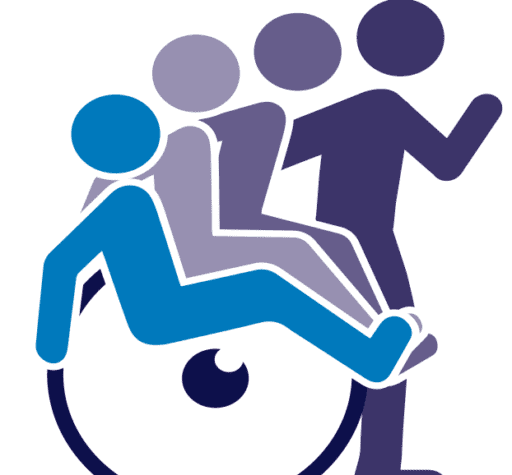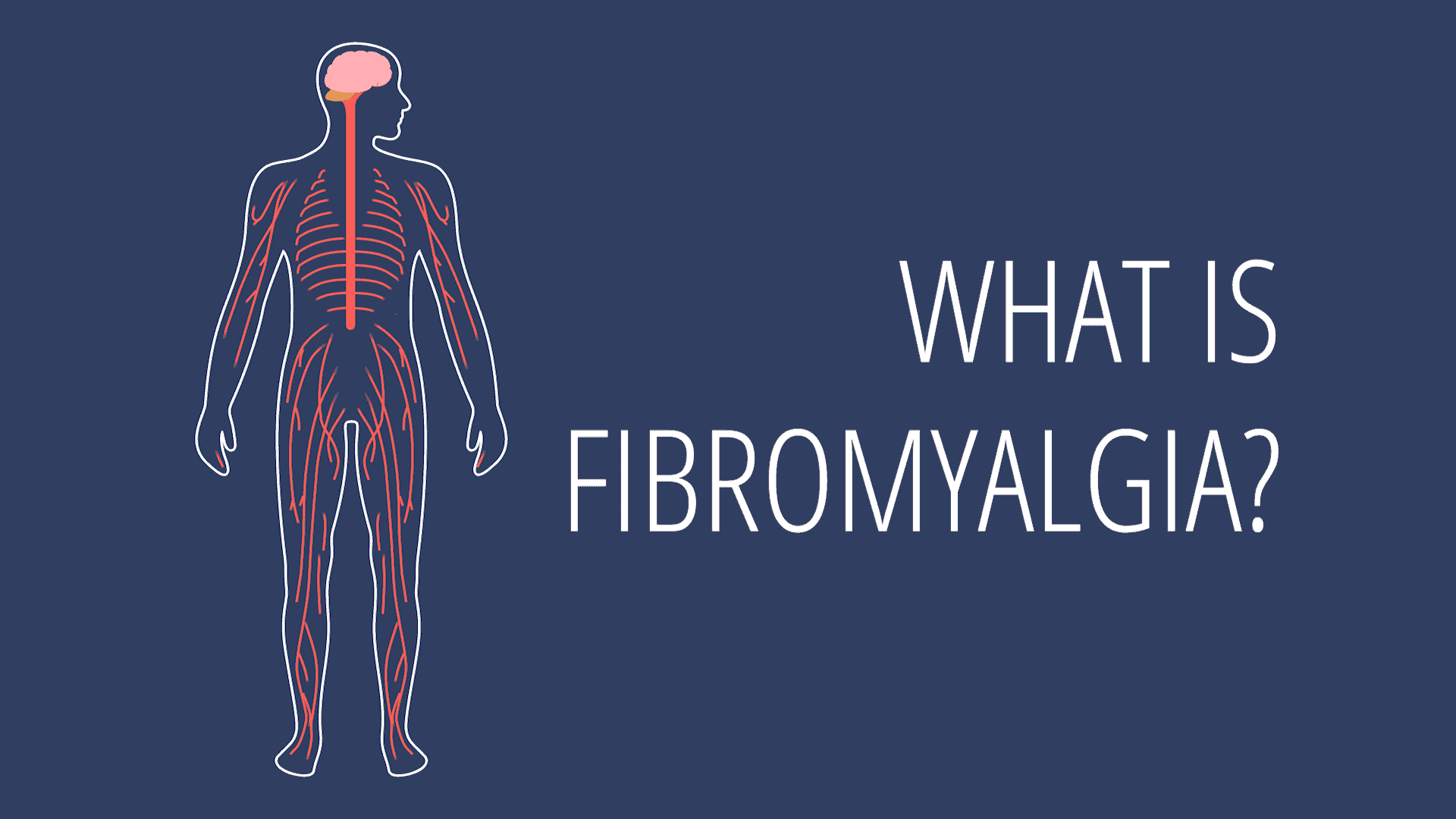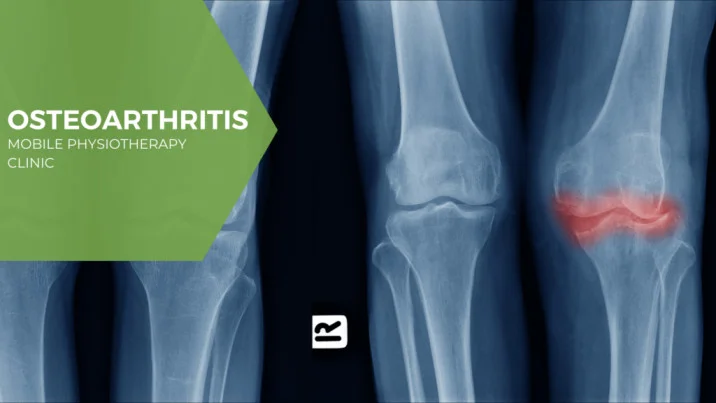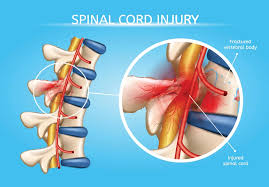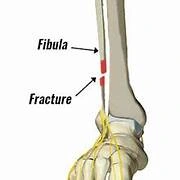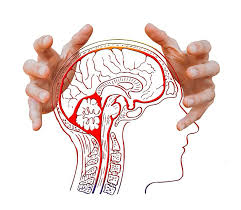Fibromyalgia
Fibromyalgia is a chronic condition that causes widespread muscle pain, fatigue, sleep disturbances, and tenderness throughout the body. It often affects the way the brain and spinal cord process pain signals, making even mild sensations feel painful.
It can also result in mental symptoms, including memory issues and fatigue. Fibromyalgia has no known cause and no known cure, but a healthcare professional can help you identify ways to manage your symptoms.
Table of Contents
What is Fibromyalgia?
- Fibromyalgia is a chronic, long-term illness that causes pain and soreness all over your body. Fatigue and physical pain are the results.
- Individuals who suffer from fibromyalgia typically have periodic episodes of symptoms known as flare-ups. Managing life with fibromyalgia can occasionally be difficult and exhausting. The highs and lows between feeling well and experiencing an abrupt return of symptoms might be too much to handle. Both your symptoms and fibromyalgia are actual.
- Although researchers are unclear of the exact etiology of fibromyalgia, research has shown that stress, certain medical problems, and other lifestyle changes may be triggers. The presence of fibromyalgia in one of your biological parents may increase your risk of developing it yourself.
Causes of Fibromyalgia
Many experts believe that nerve damage in fibromyalgia leads to changes in the brain and spinal cord. An irregular increase in the amounts of certain molecules that indicate pain in the brain is the result of this change.
In addition, a kind of memory of the pain appears to be formed by the brain’s pain receptors. They may begin to overreact when given signs, both painful and nonpainful.
These alterations are probably caused by several sources, such as:
Genes
In most cases, fibromyalgia persists in families. Therefore, some genetic changes may increase your risk of developing the illness.
Infections
It seems that several diseases trigger or worsen fibromyalgia.
Physical or emotional events
Sometimes a physical incident, like an automobile accident, might set off fibromyalgia. Continuous stress could trigger the illness.
Symptoms of Fibromyalgia
- Pain, stiffness, twitching, or burning in the muscles
- Arm, leg, head, chest, belly, back, and butt pain
- Feeling as though your body is burning, throbbing, or aching
- Tender regions or a low pain threshold when you’re touched
- severe tiredness or excessive fatigue
- Problems focusing and remembering, known as “fibro fog”
- Not getting enough sleep, or insomnia
- Being anxious, distressed, or depressed
Bursitis, tendonitis, and osteoarthritis can all feel like fibromyalgia. However, the pain and stiffness may be distributed throughout your body rather than just in one area.
- Constipation, diarrhea, bloating, nausea, and abdominal pain (irritable bowel syndrome)
- migraines and other headaches that occur frequently
- Eyes, nose, and dry mouth
- Intolerance for heat, cold, light, or sound
- More frequent urination
- Feelings of numbness, tingling, or crawling in your legs and arms
- stiff joints or muscles
- Your bladder aches.
- Your pelvic pain
- Having trouble opening and closing your mouth, or feeling your jaw click and clench
- Experiencing facial or jaw pain in the region of your ears
- Apnea in sleep
- The condition known as restless legs syndrome
- Eye irritation
- Vision blur
Risk Factor Of Fibromyalgia
Certain medical disorders and other problems are risk factors for fibromyalgia, even if specialists are unable to pinpoint its exact etiology. Among the risk factors for fibromyalgia are:
- age
- sex
- Chronic illnesses
- Infections
- Stress
- Traumas
- Being assigned female at birth
- Family history
- Other medical conditions
How is fibromyalgia diagnosed?
- After examining your medical history and performing a physical examination, a medical professional will diagnose fibromyalgia. They will inquire about the onset of your symptoms and when you became aware of them.
- The diagnosis of fibromyalgia cannot be made by a test. It is typically diagnosed as part of a medical process of removal known as differential diagnosis. Your doctor will compare symptoms from many illnesses to arrive at a diagnosis. The outcome of this process is your final diagnosis.
- Blood tests may be used by your doctor to rule out other frequent causes of fatigue, such as thyroid gland problems or anemia.
Treatment of Fibromyalgia
Fibromyalgia is often treated with a combination of medication and other methods. Reducing your symptoms and enhancing your general health are the objectives. Since no single therapy is effective for every condition, taking several may prove beneficial.
Medicines
Fibromyalgia pain can be reduced and sleep quality enhanced with medications. The most prevalent choices include:
Medications that reduce pain
Acetaminophen (Tylenol, etc.), ibuprofen (Advil, Motrin IB, etc.), or naproxen sodium (Aleve, etc.) are examples of over-the-counter pain medicines that may be beneficial. You could be advised by your physician to use these in addition to other medications. It is not advised to use opioid medications. Side effects, dependency, and gradually worsening pain are possible outcomes.
Antidepressants
Even if you don’t have depression and fibromyalgia, some medications could be helpful. Pain and exhaustion from fibromyalgia may be lessened by duloxetine (Cymbalta) and milnacipran (Savella). For pain management or sleep aids, your doctor can recommend amitriptyline or the muscle relaxant cyclobenzaprine.
Drugs that prevent seizures
Medication for epilepsy frequently relieves certain forms of pain. One medication used to treat fibromyalgia is pregabalin (Lyrica). The symptoms of fibromyalgia can also occasionally be lessened by gabapentin (Neurontin, Clarise).
Physical therapy
You can learn exercises from a physical therapist to increase your strength, flexibility, and endurance. Water-based workouts may be particularly beneficial.
Occupational therapy
Making adjustments to your workspace or the way you do specific duties might be facilitated by an occupational therapist. Your body is under less stress because of the adjustments.
Counseling
You can increase your confidence in your skills by consulting with a counselor. You may learn how to handle tough circumstances from it as well. Consulting with a counselor who has received training in cognitive behavioral therapy might be useful.
Physiotherapy Exercise For Fibromyalgia
It is strongly advised by doctors that people with fibromyalgia participate in strength and cardio exercises. Although there isn’t as much research to support flexibility exercises right now, they could still be helpful, particularly when included in a warm-up or cool-down program.
Exercises that are commonly advised for people with fibromyalgia include:
- Resistance training
- Swimming
- Cycling
- Walking
- Aquatic exercises
- Modified pilates
- Yoga
- Tai chi
What Is Fibromyalgia?
Complications of fibromyalgia
Fibromyalgia may impact a person’s physical mobility, quality of life, and risk of hospitalization.
Additionally, those who have fibromyalgia may be more prone to associated illnesses like:
- Irritable bowel syndrome (IBS)
- painful menstruation
- RA
- osteoarthritis
- depression
- Ankylosing spondylitis
- lack of sleep
- anxiety
Prevention
There is no known cause for fibromyalgia, hence it cannot be prevented. Keeping your general health in balance will help lessen the intensity of your fibromyalgia symptoms:
- Reduce stress as much as possible.
- Follow a healthy workout and nutrition regimen.
- Make sure you maintain proper sleep hygiene and get adequate sleep.
Summary
- Pain from fibromyalgia spreads throughout your body.
- Additionally, you may experience tiredness and a foggy state of mind.
- Although fibromyalgia cannot be cured, your doctor can help you choose several types of therapies that will help you manage your symptoms.
- Experts are unsure of the exact etiology of fibromyalgia, but your symptoms are real.
- Your feelings are significant and valid, even if they are irregular or difficult to explain.
- You don’t have to face the difficulties of living with a chronic illness like fibromyalgia alone.
- Consult your healthcare physician or a mental health specialist about stress management and keeping a positive self-perception.
- Medication is frequently used in combination with alternative therapies, including exercise, acupuncture, and psychotherapy, to treat fibromyalgia.
FAQ’s
There is no known cause. Researchers believe there could be a connection between stress and sleep issues. Additionally, immunological, endocrine, or metabolic issues may be connected to it.
Some of the symptoms can be alleviated with treatment, but it’s doubtful that they will ever go away entirely.
Pain all over
Exceptionally sensitive
stiffness, fatigue, etc.
Inadequate quality of sleep
Cognitive issues, or “fibro-fog”
A headache
Syndrome of irritable bowel (IBS)
High-Intensity Exercise: Overdoing it may worsen fibromyalgia by causing overstrain and exhaustion. Rather, moderate activity such as swimming, riding, or walking should be done every day. Extended Standing or Sitting: Extended standing or sitting might cause pain.
A cure for fibromyalgia does not exist. However, medications and other therapies can help manage the symptoms. Stress-reduction methods, talk therapy, and exercise may also be beneficial.
References:
- Fibromyalgia – Symptoms & causes – Mayo Clinic. (2025, April 26). Mayo Clinic. https://www.mayoclinic.org/diseases-conditions/fibromyalgia/symptoms-causes/syc-20354780
- Fibromyalgia. (2025, September 4). Cleveland Clinic. https://my.clevelandclinic.org/health/diseases/4832-fibromyalgia
- Felman, A. (2025, July 10). Everything you need to know about fibromyalgia. https://www.medicalnewstoday.com/articles/147083
- Morgan, K. K. (2024, February 16). What is fibromyalgia? WebMD. https://www.webmd.com/fibromyalgia/what-is-fibromyalgia
- Crider, C. (2024, August 12). Physical therapy for fibromyalgia. Healthline. https://www.healthline.com/health/physical-therapy-for-fibromyalgia#recommended-exercises
